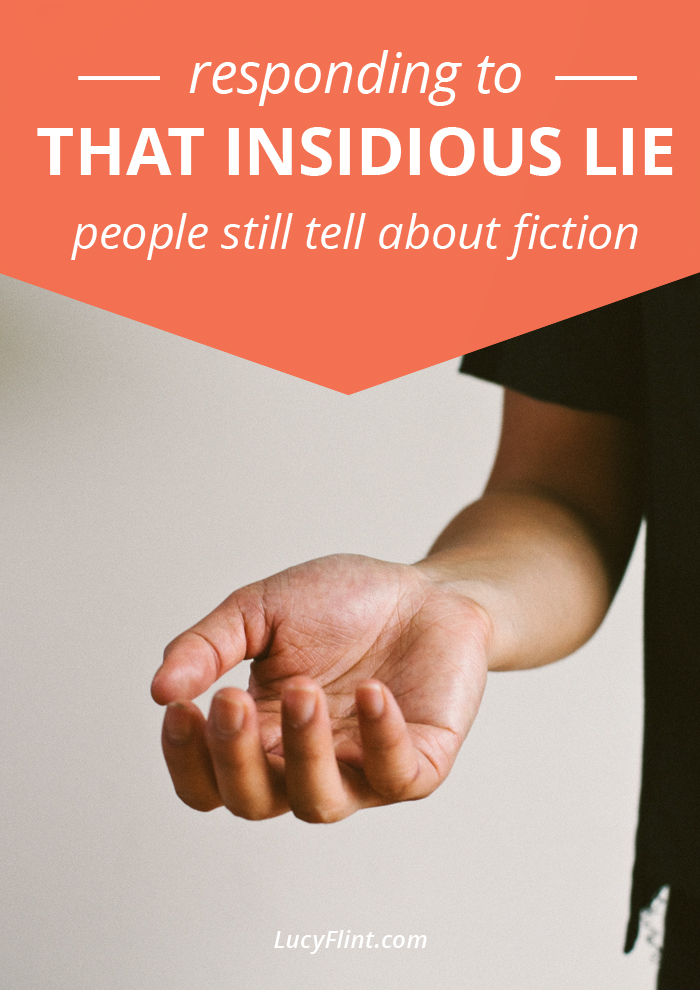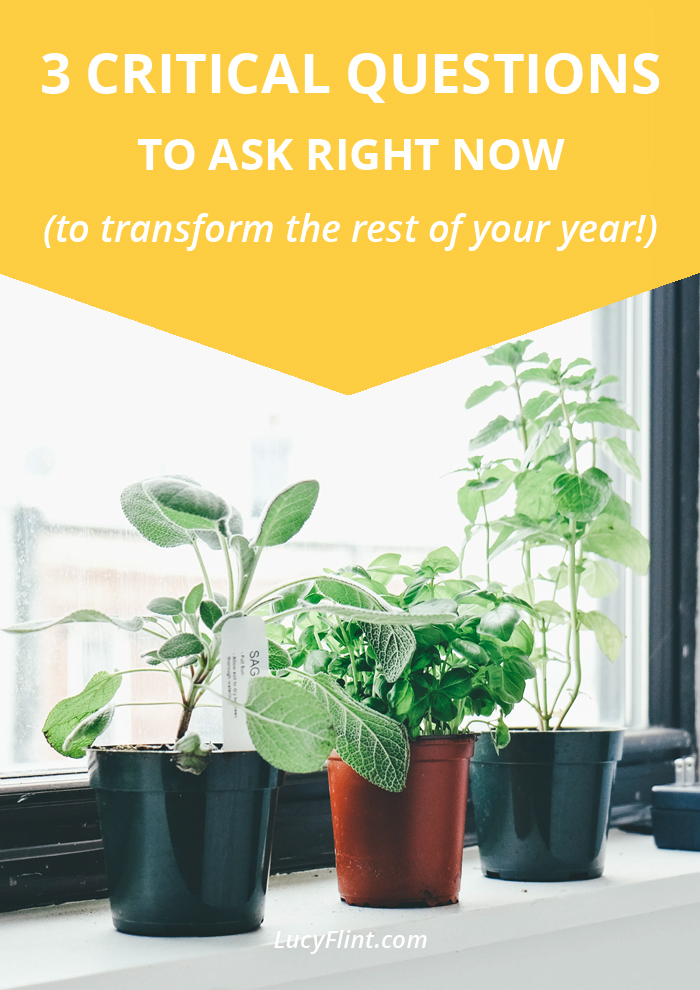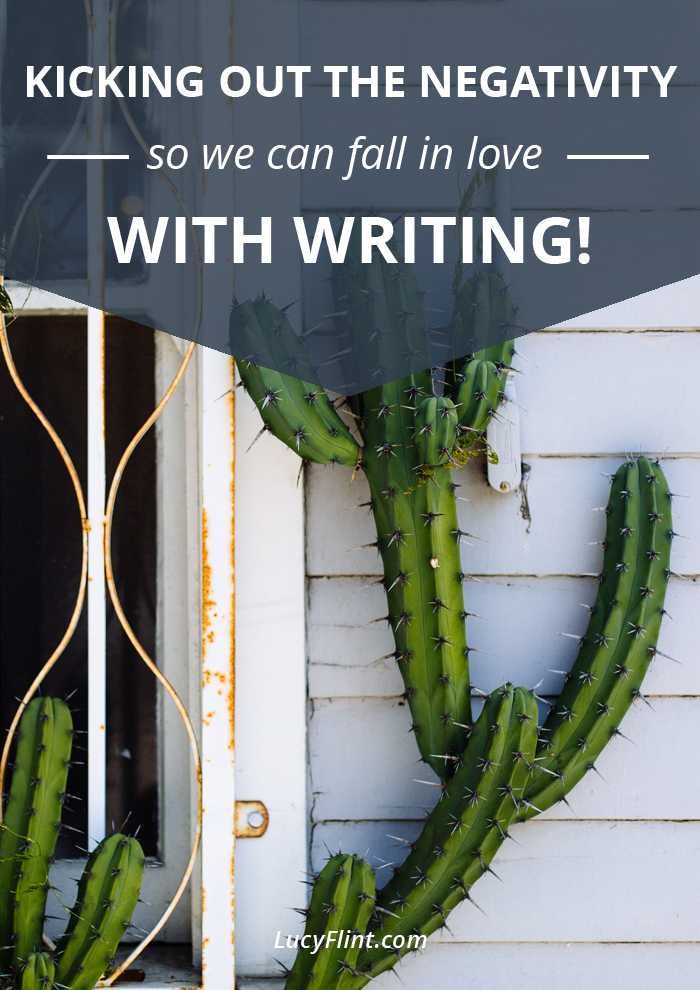Let's Get Adventurous. (An Announcement From Me + A Challenge For You!)
/One of the skills that I've tried to improve this year is listening. Not just to the people around me (though that's hugely important!), but also to my own instincts.
Especially my instincts about my writing life.
Not my fears, but my honest observations, my true best-self sense of how I'm doing and where I'm at.
Every time I really focus on this and check in, I'm rewarded, big time. It's why I've written about it here, here, and kinda here too. ... I am smitten with the power of pausing the noise and listening to the truth of what's really going on, underneath everything else.
I have never regretted doing this.
And near the end of September, I started listening in again. (Something about whenever the seasons shift: I always want to do a big "How'm I doing?" check.)
I set aside my productivity schedules and wildly important goals and self-care strategies and I listened. And, yep, sure enough, my writing life was saying something. Over and over and over.
It said, "Help me, I'm starving."
Wait, what?!
I've been doing all this stuff in earnest, after all. I've been working to help my imagination and writing life recover from a really tough year. Which is why we've been talking self-care and strength building here in the blog.
In the last two months, I've rebuilt my writing practice and honestly, I've found a really sweet routine. My writing space is the prettiest, coziest, and happiest it's ever been, and I'm reading novels on the regular.
I'm treating myself well in so many ways. And everything feels lovely except that when I've been drafting, I feel like I'm stripping myself dry.
Like I'm mining something that isn't there anymore.
So I kept telling myself it was just a matter of time before my imagination really caught up and my writing got all juicy and self-propelling again.
Only . . .
Only it hasn't.
I've done all my usual tricks, I've applied the best that I knew to do, and I still feel like my imagination is gasping.
So why isn't everything fixed?
I had a few days (actually, it was more like a week) of total consternation.
And then I picked up the book The Accidental Creative, by Todd Henry. (Like so many other good things that come into my life, this one was a recommendation from my mother. Thanks, Mom!!)
I read it in a whirlwind of excitement and hope.
Amidst the many helpful concepts and ideas, there were two that especially leapt out to me:
1) Todd Henry's idea that creativity follows a kind of rhythm, and 2) his concept of creative stimuli, creative nutrition.
It hit me that my crazy year had deeply disrupted my own creative rhythm. No surprise there. But in rebuilding my routine, I was only working on half the problem. The externals are all back in place, but that internal rhythm of creating? That hasn't fully come back.
And, to fix that, I need to go deep into the world of creative nutrition: taking in the best kinds of things, so that my creativity can thrive.
Okay. So, good creative stimuli = brain food, which is the sort of metaphor I can get pretty happy about.
To camp out on this for a moment: As I read Todd Henry's ideas about how to take in better creative nutrition, it really hit me. I'm a big fan of eating well, and taking in nutrient-rich foods, especially as a way of getting healthier. I've seen it happen in my physical body, so using the same principles for my mind and creativity gets me pretty happy and excited.
Here's the thing: sometimes, when you need an infusion of health, it makes sense to take a superb daily multivitamin. Sometimes, it means you commit to having a daily salad or green smoothie.
Yay. Good effort, good work, good food.
But sometimes it means that you go on a radical course of overhauling everything you eat. And flooding your body with superfoods, with all the best nutrition, all. the. time.
And that, my friends, is exactly what I need now.
My earlier attempts were the creative equivalent of upping my vitamins and adding in more salads to my days. It's good, and a great way to maintain health. But when a total overhaul is required—and when there's nothing there to maintain—it's just not going far enough.
And this is what was brewing in my mind when I wrote about commitment last week.
I want to go all-in with committing to my creativity.
I've listened hard, and I've decided that I have to do whatever it takes to flood myself with creative nutrition. I'm pretty dang sure that this is the missing piece, the thing that bumps me back into a good groove.
Thanks to Todd Henry's book, I have a much better grip on where to go next. He has a great section called, "Stimuli: What Goes In Must Come Out."
I'm taking that tagline to heart, and I'm preparing for a mega fueling session. Here's the scary-exciting adventure that I'm planning for myself:
For the whole month of October, I'm doing a creative nutrition immersion sabbatical festival extravaganza.
All right, so I haven't figured out the name yet. ;)
I'm turning my full writerly attention onto soaking up the best kind of inputs.
I'll be listening to quality podcasts and TED talks and documentaries. I'll check out the good fiction that gets my inner eleven-year-old all excited and swept up. And I'll take plenty of artist dates.
I'm planning on more art, more nature walks, more luscious music. More excursions, and more solitude.
More of anything that's gonna fill my parched creative reservoirs.
But in order to do this at maximum, I'm going to take a break from productivity. I need to stop producing for a little bit, so that I can regenerate what I produce from.
Because what I said in the last post is oh-so true: I want to commit to creativity in a bigger way. I want to nurture it, so that I can show up fully. I want to live in wonder and curiosity.
And this is the big creative obstacle that I'm focusing on: I can't dream up a book if there's nothing for me to dream with.
What this means for the blog is,
I'm going to take the month of October off.
Yep.
In the blog world, that can be a kind of yikes decision to make.
But I've thought it through, and my deal with you is that I owe you my best.
If I keep chug-chug-chugging along without taking this month to consume a huge amount of creative nutrition, I'll just start repeating myself, or blogging on autopilot. And I wanna write my best stuff for you—it's what you deserve, and it's what I signed on for.
So: this will be my only post this October. (At this point, I'm pretty sure I'll be back in November to cheer you on for Nanowrimo: so check back in with me then.)
In the meantime, three things for you:
1) Check out The Accidental Creative: How to Be Brilliant at a Moment's Notice, by Todd Henry. Because it's lovely and helpful. It blends so much good wisdom together, and helps you apply it in a rhythmic way.
If you needed one more reason besides my jumping up and down: He calls himself an arms dealer for the creative revolution. How amazing is THAT?! I'm so on board.
2) Check in with yourself. Take a little time and listen in to your heart of hearts. What do you, my dear lionheart, need most from this October?
Where are you craving a bit of a sabbatical yourself—but it sounded too wild, or you feel like you're supposed to just be productive all the time?
Where do you need permission to unplug?
What's aching for some better care, some deeper rest, some quality nutrition?
And, especially those of you who are gearing up for Nanowrimo, can you do the crazy thing and give yourself some space to fill up your reservoirs?
3) Finally, if you're in need of a pep talk, inspiration, or some extra encouragement while I'm off refueling, check out my brand-new Archives! The link is up at the menu bar at the top of the page—the Archives is all spruced up and ready for you!
Every single blog post is here, from September allllllll the way back to my first wee efforts.
So please do check it out! Find a series that you missed, browse through the older posts, or just be slightly astonished at my obsession with really really long blog titles. *facepalm*
Okay. So, true story: I feel excited for this sabbatical in a totally new way. Like an impossible weight on my writerly shoulders has just tumbled off.
I'll miss y'all, but I can't wait to come back with fresh ideas, richer insights, and so much more creative oomph.
(I have been seriously missing my oomph.)
Til November, then. I love ya, and happy writing!!
Pssst. Go do something so gorgeous for your creativity that it scares you a little and excites you a lot.
Maybe that means taking a course in flower arranging, or reading through your favorite childhood novels for three days straight, or sketching a handful of paintings while roaming an art museum, or writing in the dark under the stars.
Or something else even wilder. Okay? Okay.

















